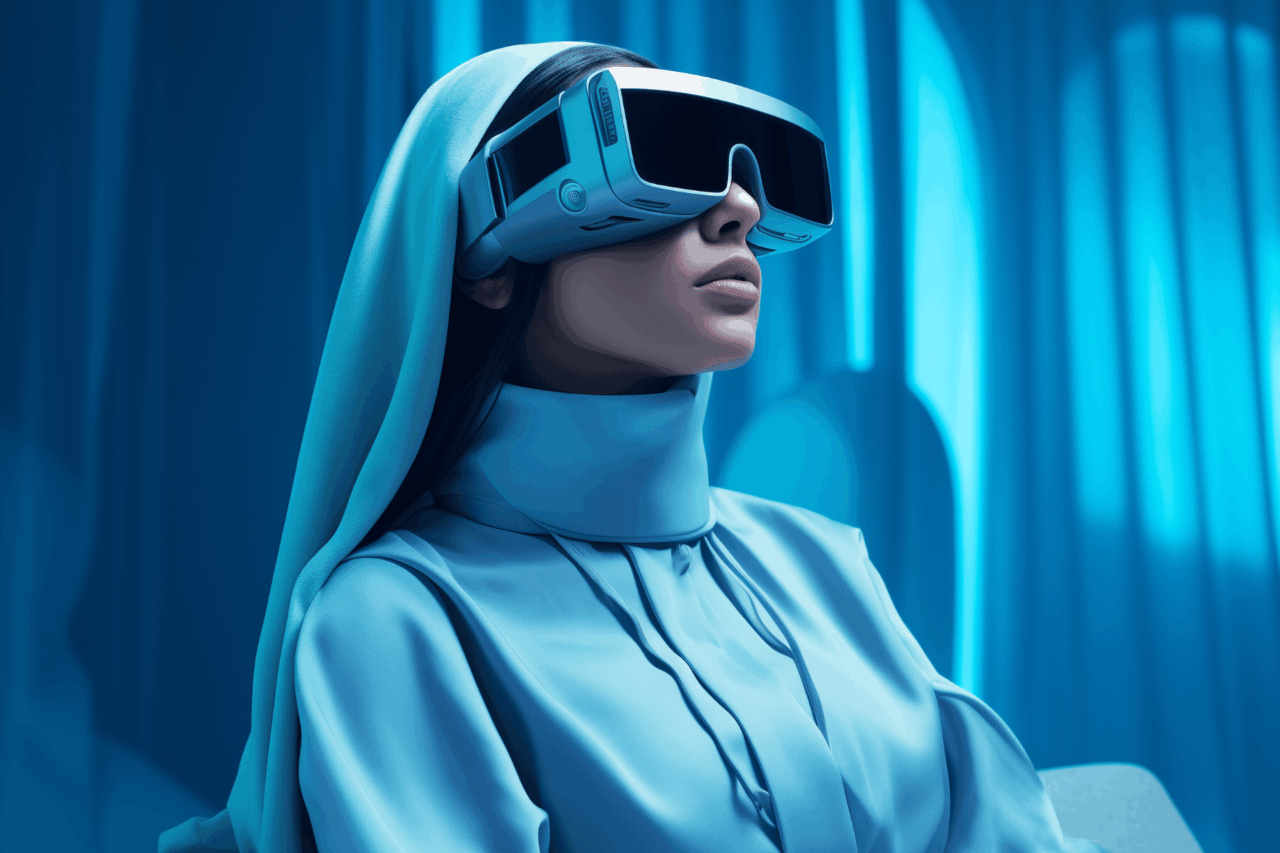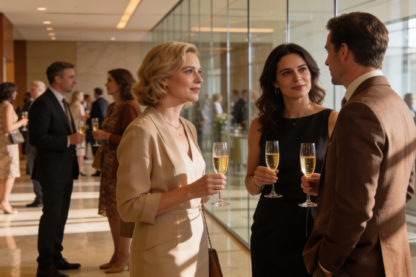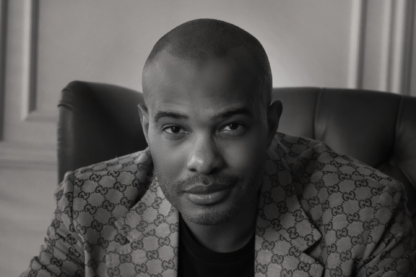From Maison to Metaverse: The New Realm of Luxury Experience
A diamond necklace no longer needs to glimmer under glass to feel precious. Today, it might shimmer inside a virtual world, worn by an avatar, certified on the blockchain, and admired by millions who will never touch it. Luxury is changing, and fast. What was once defined by craftsmanship, rarity, and heritage is now being rewritten through code, pixels, and immersive experiences. The metaverse has become the new atelier of imagination, reshaping what it means to own, desire, and belong.
The New Meaning of Exclusivity
A limited-edition timepiece, a couture gown, or a private client experience. In the digital world, rarity is expressed through non-fungible tokens (NFTs) and limited-edition digital goods. These assets replicate the codes of luxury: authenticity, provenance, and limitation, but within a decentralized ecosystem. Collectors now invest in virtual handbags, jewelry, and even architectural spaces, all of which are authenticated through blockchain technology. Digital exclusivity has become the modern heir to the waiting list.
Immersion as Experience
Luxury has always been experiential, but the metaverse transforms that experience into something participatory. Virtual stores allow visitors to explore collections as avatars, attend digital fashion shows, or interact directly with brand ambassadors in 3D environments. The difference lies in presence: instead of watching luxury, consumers can now enter it.
Brands are discovering that these activations do more than entertain; they extend the brand story into a new dimension, engaging a younger audience that values both creativity and digital ownership.
Digital Artistry and Craft
The rise of digital artisans, designers who shape garments and accessories in 3D, is challenging conventional ideas of craftsmanship. Virtual fashion is just as intricate as its physical counterpart; it demands technical skill, design intuition, and aesthetic precision. The “atelier” of the future may exist on a screen, yet the emotion it evokes remains rooted in artistry and imagination. This evolution reflects how luxury can preserve its essence even as its materials change.
Sustainability and Access
Virtual fashion offers an intriguing advantage: it decouples creativity from physical production. Digital collections reduce waste, minimize environmental impact, and allow for experimentation without the costs of materials or logistics. At the same time, it opens doors for new audiences who can participate in the luxury experience through avatars and virtual worlds, democratizing access without diminishing exclusivity.
Example: Bulgari’s Step into the Metaverse
As SDA Bocconi notes, LVMH’s Bulgari recently launched an exclusive virtual world on the South Korean social platform “Zepeto” after announcing its entry into the metaverse at VivaTech 2022. The initiative exemplifies how luxury houses are exploring virtual assets, from NFTs and collectibles to immersive augmented and virtual reality (AR/VR) experiences. These spaces, which can exist on platforms like Roblox, Decentraland, or Meta’s Horizon Worlds, allow brands to create meaningful digital encounters while maintaining their aura of rarity and sophistication.
The Road Ahead
The luxury industry is moving toward a hybrid era, one that merges tangible heritage with digital innovation. The maisons that endure will be those that understand how to translate emotion, exclusivity, and storytelling into every layer of their digital presence. The metaverse is not replacing craftsmanship; it is extending it into new dimensions, where authenticity and aspiration still define the experience, just through a different kind of canvas.
SOURCES: SDA BOCCONI
To learn more about the World Luxury Chamber of Commerce, visit: https://worldluxurychamber.com/





